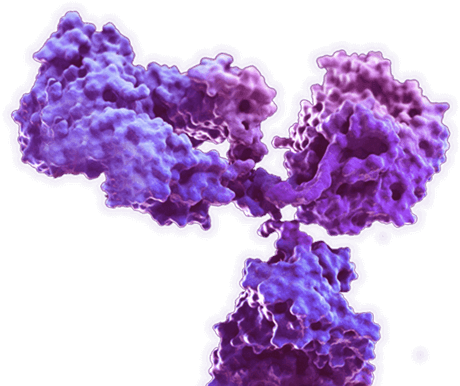Mouse Anti-O. mykiss H2A Antibody (MO-AB-11571Y)
Cat: MO-AB-11571Y
Certificate of Analysis Lookup
To download a Certificate of Analysis, please enter a lot number in the search box below. Note: Certificate of Analysis not available for kit components.
Lot Number
To download a Certificate of Analysis, please enter a lot number in the search box below. Note: Certificate of Analysis not available for kit components.
Lot Number
| Size: | |
| Conjugate: | |
| Inquiry |
- Product Details
Specifications
| Host species | Mouse (Mus musculus) |
| Species Reactivity | O. mykiss (Oncorhynchus mykiss) |
| Clone | MO11571Y |
| Specificity | This antibody binds to O. mykiss H2A. |
| Format | Liquid or Lyophilized |
| Storage | Store at 4°C: short-term (1-2weeks) Store at -20°C: long-term and future use |
| Purity | > 90% was determined by SDS-PAGE |
| Purification | Purified with Protein A or G affinity chromatography |
| Cellular Localization | Extracellular region or secreted; Other locations; Nucleus |
Application Information
| Application | WB, ELISA |
| Application Notes | ELISA: 1:1000-1:3000 Other applications are to be developed. The optimal dilution should be determined by the end user. |
Target
| Introduction | Histone H2A is one of the core components of the nucleosome. The nucleosome is the smallest subunit of chromatin and consists of 147 base pairs of DNA wrapped around an octamer of core histone proteins (two each of Histone H2A, Histone H2B, Histone H3 and Histone H4). Histone H1 is a linker histone, present at the interface between the nucleosome core and DNA entry/exit points; it is responsible for establishing higher-order chromatin structure. Chromatin is subject to a variety of chemical modifications, including post-translational modifications of the histone proteins and the methylation of cytosine residues in the DNA. Reported histone modifications include acetylation, methylation, phosphorylation, ubiquitylation, glycosylation, ADP-ribosylation, carbonylation and SUMOylation; they play a major role in regulating gene expression. |
| Product Overview | This product is a mouse antibody against H2A. It can be used for H2A detection in Western Blot and Enzyme-Linked Immunosorbent Assay. |
| Alternative Names | Histone H2A; H2A |
| UniProt ID | C1BEH9 |
| Protein Refseq | The length of the protein is 128 amino acids long. The sequence is show below: MSGRGKTGGKARAKAKSRSSRAGLQFPVGRVHRLLRKGNYAERVGAGAPVYLAAVLEYLTAEILELAGNAARDNKKTRIIPRHLQLAVRNDEELNKLLGGVTIAQGGVLPNIQAVLLPKKTEKPAKSK. |
See other products for " H2A "
| MO-MMB-0688 | Anti-H2A Antibody (Cat MO-MMB-0688), Rabbit IgG |
| MO-AB-02751Y | Mouse Anti-Chicken H2A Antibody (MO-AB-02751Y) |
| MOFAB-015W | Rabbit Anti-H2A Antibody (MOFAB-015W) |
| MO-MMB-0687 | Anti-H2A Antibody (Cat MO-MMB-0687), Rabbit IgG |
For Research Use Only | Not For Clinical Use.
Online Inquiry


